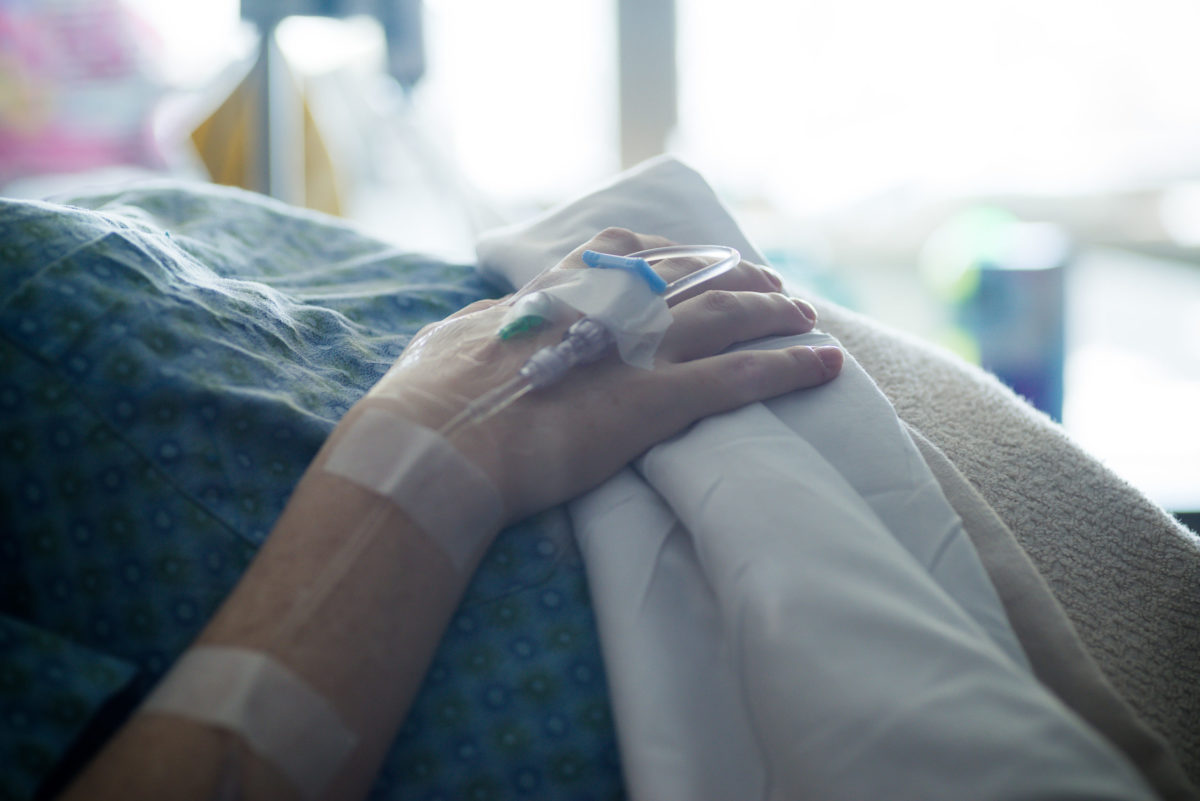By John Tingle
One of many legal, ethical, and patient safety issues raised by the COVID-19 pandemic across the National Health Service (NHS) is that expectant mothers are considering freebirthing more after home births are cancelled.
The charity AIMS (Association for Improvements in the Maternity Services) states that while there is no specific definition of freebirthing, “…broadly speaking, a woman freebirths when she intentionally gives birth to her baby without a midwife or doctor present. Some women prefer to use the term ‘unassisted childbirth’ or UC to describe this.”
In The Guardian Hannah Summers recently wrote about this issue, which can carry major health risks. For example, if complications occur during a freebirth, professional clinical help will not be at hand to help.
Restricting patient choice in a crisis
Summers writes that more than a fifth of birthing centers and more than a third of homebirth services have been closed due to midwifery shortages and concerns about how quickly ambulances can respond to emergencies. Expectant mothers, however, are concerned about the possibility of contracting COVID-19 infections from hospital and restrictions on birthing partners.
The charity Birthrights is an excellent resource on expectant mothers’ rights. The charity provides advice and information to women, trains doctors and midwives, and campaigns for respectful and safe maternity care that protects women’s fundamental rights. They recently released a statement which highlights the current problems:
“Frightened pregnant women are already contacting Birthrights advice service in the belief they now face childbirth alone, in settings where they feel less safe and at a time of critical staff shortage.”
“We have also been inundated with concerns about the removal of homebirth and birth centre options without thorough investigation about how staffing and safe transfer challenges could be addressed. We believe that this action may be unlawful and could lead Trusts [hospitals etc] to be responsible for significant risk to life if women choose to birth without medical assistance. “
Clinical negligence
Hopefully clinical negligence cases will not result from the maternity situations discussed above, but given the growing trend for claims in recent years in the NHS, it is not an improbable outcome. A mother may claim that she and her baby has suffered avoidable injury through not getting proper midwifery support for a home birth when complications developed. Negligent birth injuries bear an immeasurable emotional cost for all concerned for which money can never properly compensate. Not to be forgotten in the equation is also the high cost of maternity malpractice claims on the NHS.
The 2018-2019 NHS Resolution, its annual report, states:
“Overwhelmingly, the cost of clinical negligence is driven by maternity claims, which represent 10% of the number of clinical claims we received in 2018/19, but half of the value of claims received and 70% of the £83 billion provision reported as at 31 March 2019”
Furthermore, according to the NHS Resolution, hospitals now pay around £1,100 per birth in indemnity costs. This raises the very clear patient safety imperative to improve NHS maternity care. Excellent improvement strategies have been developed to do this. Restriction of expectant mothers’ choices in maternity care amid COVID-19, however, threatens these goals.
